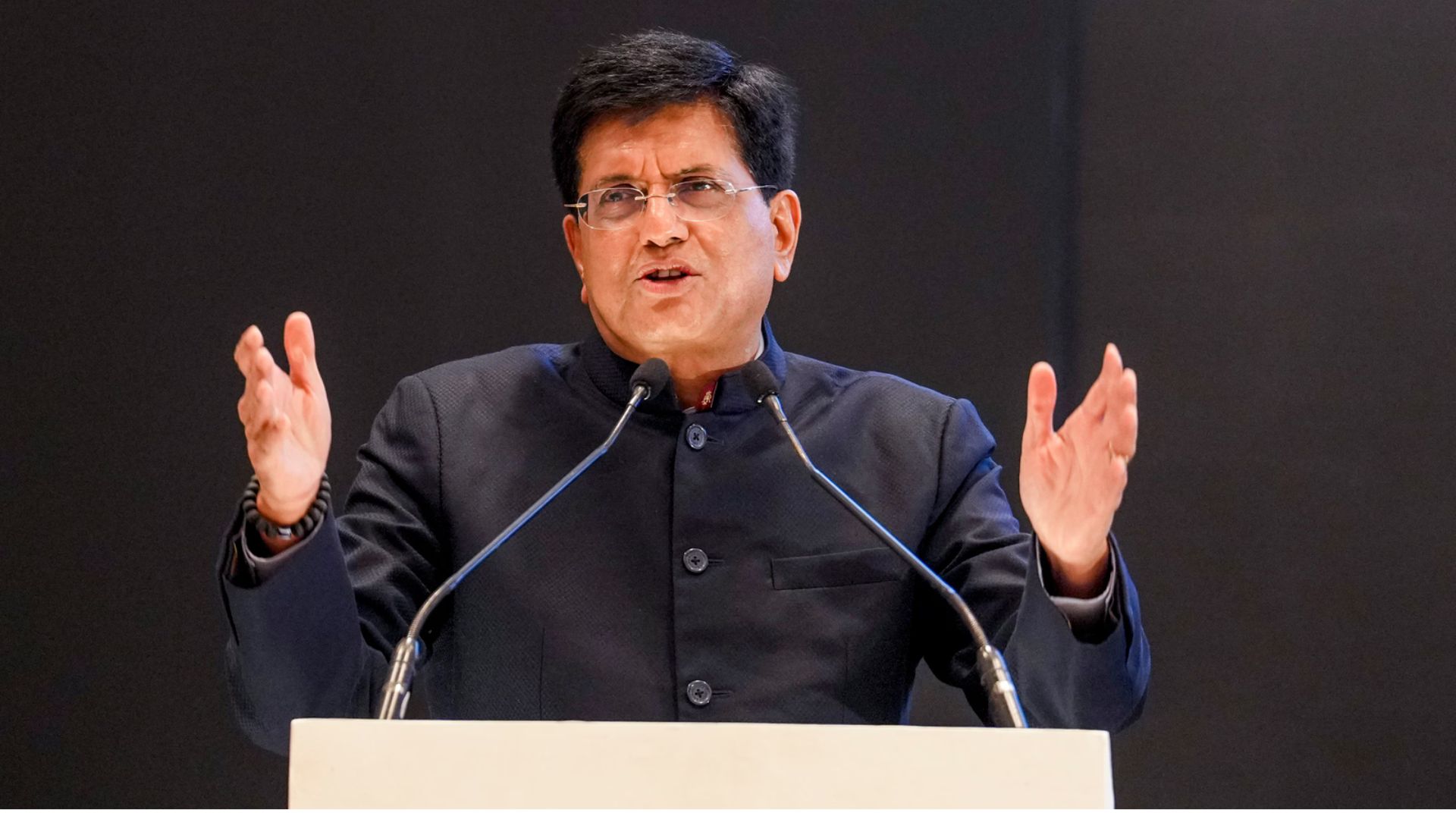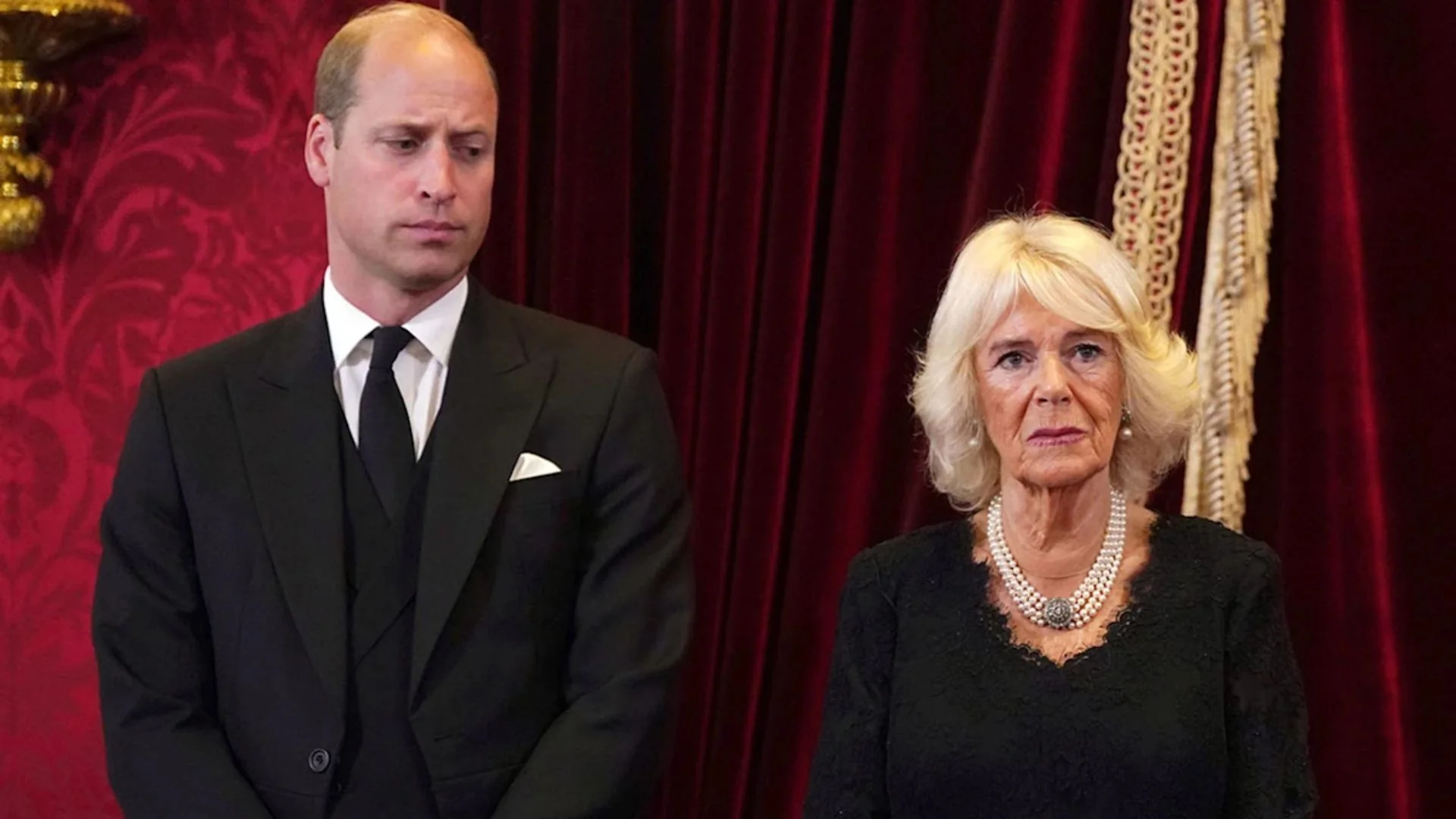
Union Minister Piyush Goyal has strongly opposed the European Union’s (EU) green economy regulations, arguing that they are unjust and violate the principle of “Common but Differentiated Responsibilities” (CBDR). Speaking at a press conference in Delhi on Thursday, Goyal criticized the EU’s Carbon Border Adjustment Mechanism (CBAM) and the EU Deforestation Regulation (EUDR), stating that these measures could negatively impact Indian exporters.
“I raised this issue emphatically with my French counterpart and expressed India’s deep disappointment regarding the unilateral regulations and the numerous new regulations introduced by the European Union, which are unacceptable to anyone in the world,” Goyal stated.
He underscored the absence of financial and technological support from developed countries, which are the primary contributors to pollution. “The Common but Differentiated Responsibilities, CBDR, will serve as the guiding principle in our transition to a clean energy future or a net-zero world, leading to a more sustainable environment. I also pointed out the lack of financial and technological assistance from the developed nations, who are the polluters in the first place, not India,” he added.
Under the European Union’s CBAM, carbon costs will be imposed on imported goods such as steel, aluminium, cement, fertilizers, electricity, and hydrogen. This initiative aims to prevent “carbon leakage,” ensuring that companies cannot shift production to countries with more lenient emission regulations. Indian exporters, particularly in the steel and aluminium sectors, may encounter difficulties in meeting these stringent standards. Small and medium enterprises (SMEs) could face particular challenges due to limited resources for adopting cleaner technologies.
On the other hand, the EUDR mandates that commodities like soy, palm oil, coffee, cocoa, timber, and rubber exported to the EU must demonstrate that they are deforestation-free. This requirement includes detailed traceability and certification processes, which will increase compliance costs for Indian exporters of agricultural and forestry products.
“These regulations are currently in the reporting stage and have not yet been implemented for Indian exports,” Goyal clarified. His remarks reflect India’s proactive approach to protecting its trade interests while also addressing global sustainability objectives.














